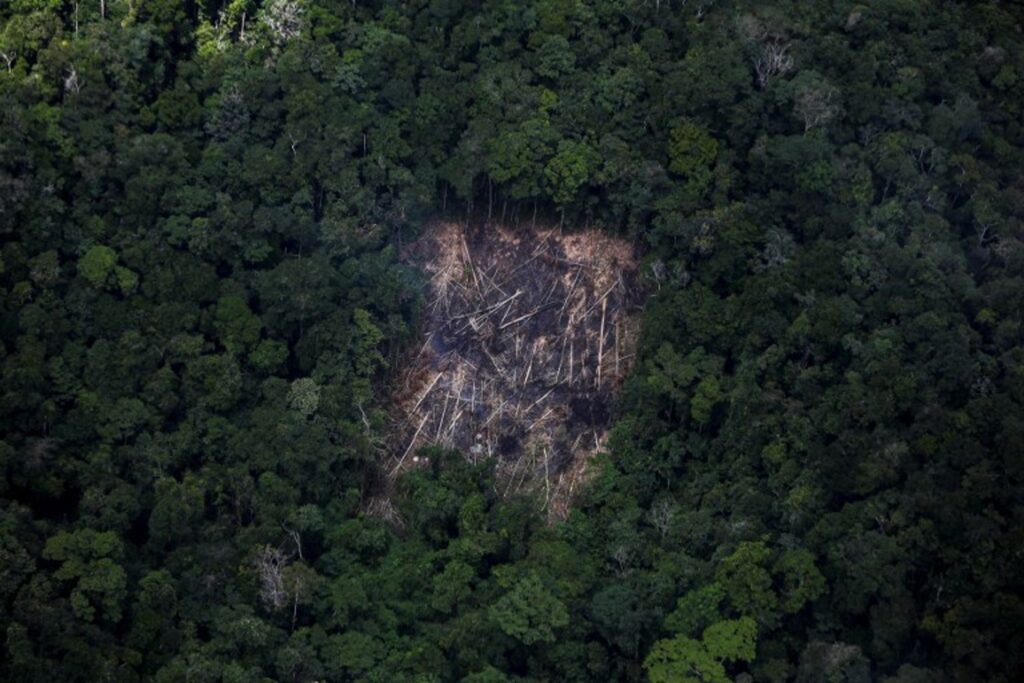From the Amazon to the forests of Africa and Southeast Asia, large-scale deforestation threatens to reduce rainfall in the tropics, according to a study published on Thursday in the Nature journal.
The risk is most acute in the Congo Basin, which faces the threat of rapid deforestation in the coming years. Rainfall there could be reduced by 10% by the end of the century, the researchers warn.
"We could come to a point where the rainforests cannot sustain themselves," warned the study's lead author, Callum Smith, of the University of Leeds.
Deforestation disrupts the water cycle, reduces rainfall
Using satellite data collected from 2003 to 2017 in the Amazon, Congo and Southeast Asian tropics, Smith and his colleagues found that large-scale deforestation is disrupting the climate of each region.
They also found that large-scale deforestation disrupts the water cycle and leads to a significant reduction in rainfall, with the greatest losses occurring during wet seasons.
This is because trees release water vapour through their leaves, which can cause localised rainfall.
Previous research on small-scale deforestation had suggested that deforestation was likely to conversely increase rainfall in some areas, but on a large scale, less moisture is returned to the atmosphere, which reduces precipitation, Smith said.
Amazon Basin reaching a 'tipping point'
He called for increased conservation efforts, as research has shown that restoring large areas of destroyed forest could partly reverse the phenomenon.
In the Amazon basin, the world's largest tropical biome, climate change and deforestation "are pushing the tropical forest towards a tipping point, where it will shift to a savannah-like state," the scientists warn.
While the importance of tropical forests for the global climate is no longer in question - they massively absorb and store the carbon that warms the planet - the impact of deforestation on local climates had only been observed in a few specific areas.
The study came as experts and world leaders were gathered in Gabon for the One Forest Summit, which ended on Thursday.
Heightened concern for the Congo Basin
The Congo Basin, a crucial carbon sink and refuge for rare species that is second only to the Amazon in surface area, was at the heart of the debate at the Summit.
It includes 10 countries: Angola, Burundi, Cameroon, Central African Republic, the Democratic Republic of Congo, Gabon, the Republic of Congo, Rwanda, Tanzania and Zambia.
Deforestation in the Congo Basin has been accelerating in favour of cattle grazing, logging or the cultivation of crops such as palm oil and soya, harming indigenous communities in the process.
Crop yields could, however, decline as forest cover decreases, the researchers warn. Increased drought, meanwhile, could increase the frequency of fires.

